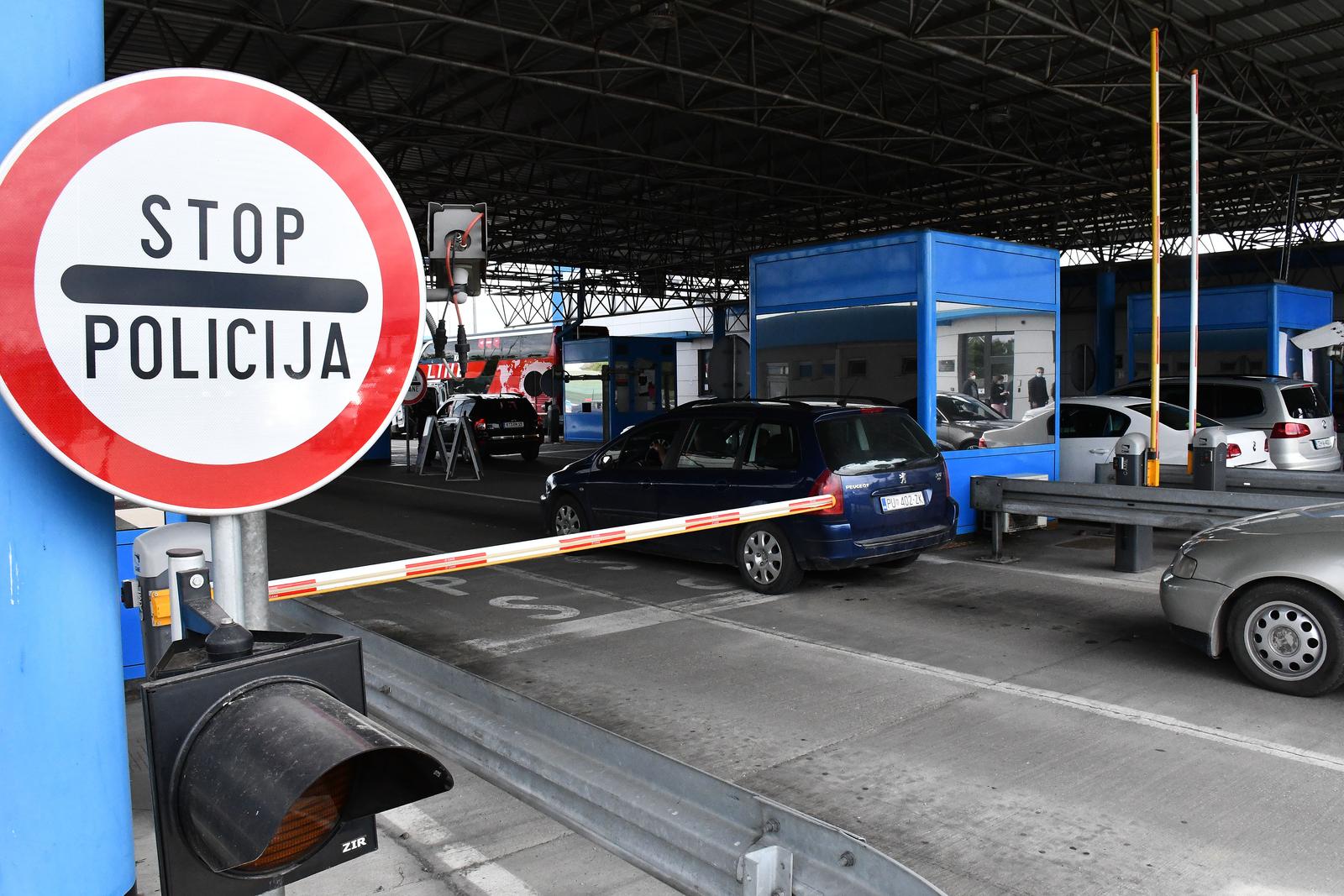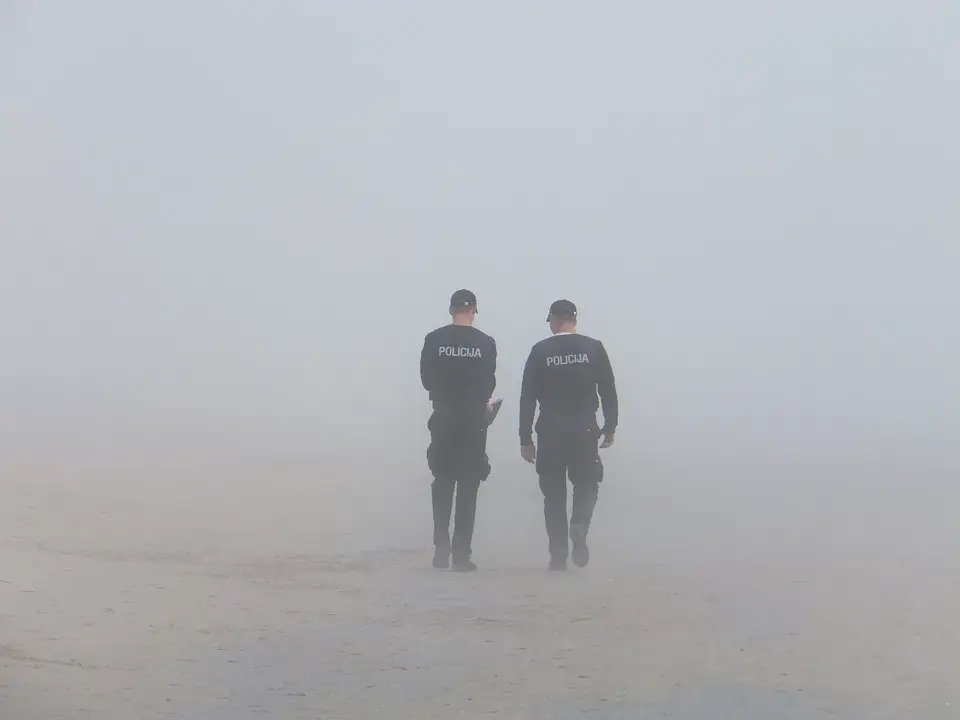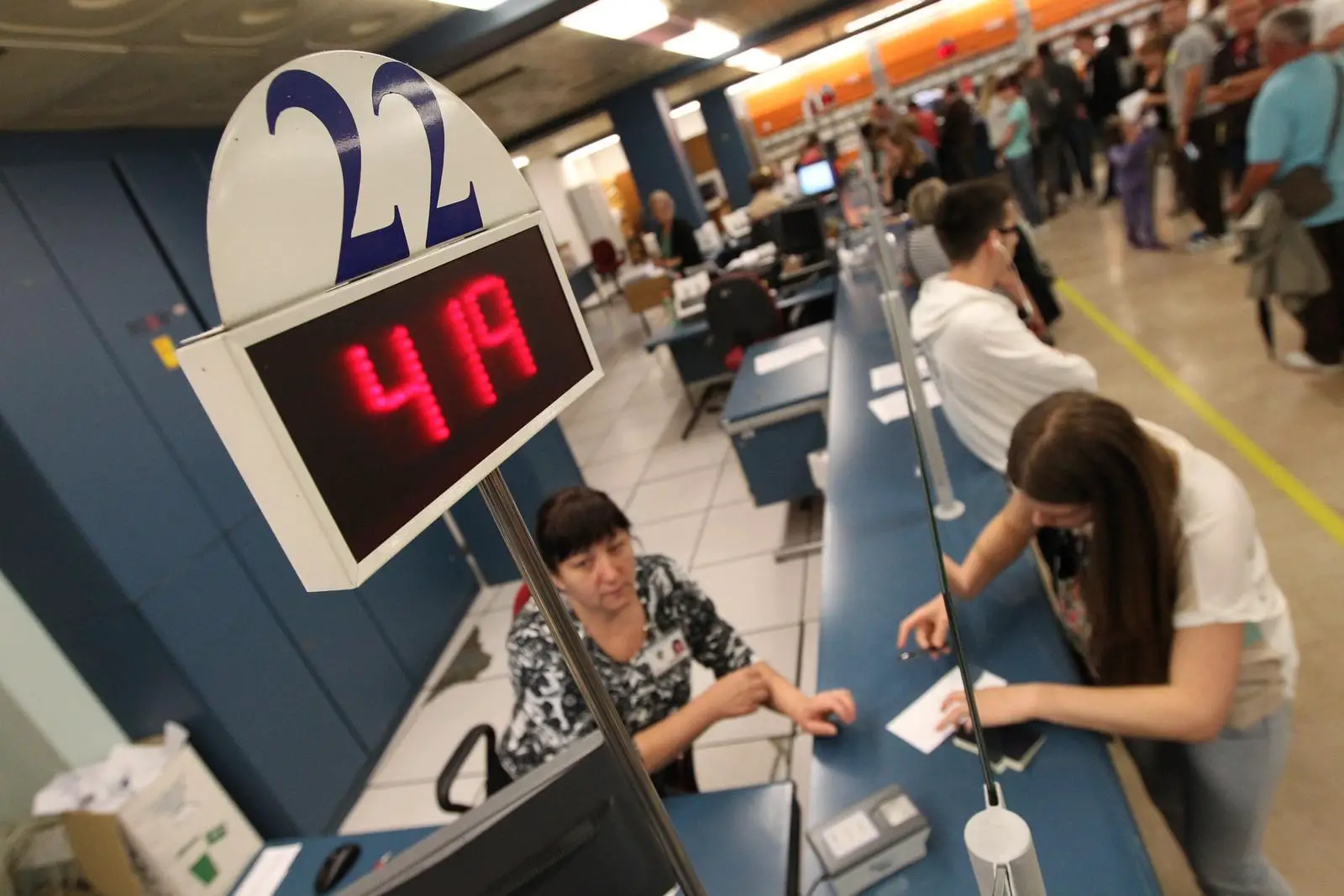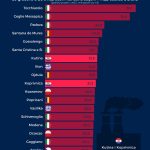living in croatia

How to Become a Croatian e-Citizen
August the 16th, 2023 – Becoming a Croatian e-citizen is simple enough, and doing so will allow you to complete ...

Navigating Croatian Health Insurance – The UK’s S1 Form
August the 9th, 2023 – Navigating the often needlessly complicated world of Croatian health insurance can be a headache. Like ...

How to Get Divorced in Croatia When You Have Children
July the 26th, 2023 – Nobody imagines the mess of divorce when they happily tie the knot, but reality and ...

Attending a Birth in Croatia: Passing the Father Test
July 6, 2023 – Attending a birth in Croatia and the early steps in life thereafter – a foreign appreciation. ...

How Local Croatian-BiH Border Passes Work
July the 5th, 2023 – If you live within a five kilometre radius from the border with neighbouring Bosnia and ...

A Guide to Croatian Marital Unions
June the 21st, 2023 – There are several different forms of Croatian marital unions which are recognised by law currently, ...

How to Croatia: Reporting Crime to the Croatian Police as a Foreign National
Croatia is an extremely safe country and the vast majority of crimes are not heinous when compared to other countries. ...

Moving Vegetables: Croatia’s Finest Food Tradition
Food in Croatia is fantastic. And so, so fresh. With so many families growing their own food, it is not ...

The Croatian EU Blue Card Scheme – How Do I Get One?
Is there a difference between the Croatian EU Blue Card (plava karta) and a normal residence/stay and work permit? Although ...

How to Authenticate/Legalise Foreign and Croatian Documents
First things first, why do you need to have certain foreign and Croatian documents authenticated, and what does that even ...






